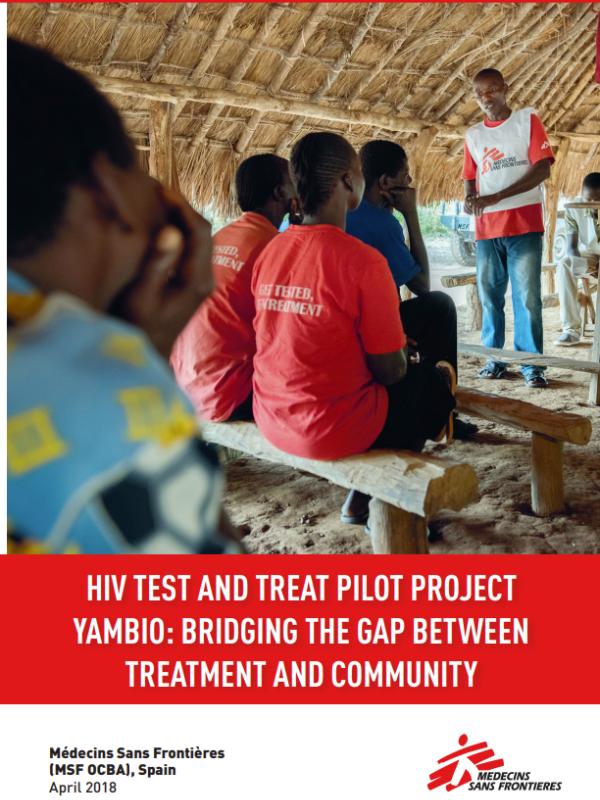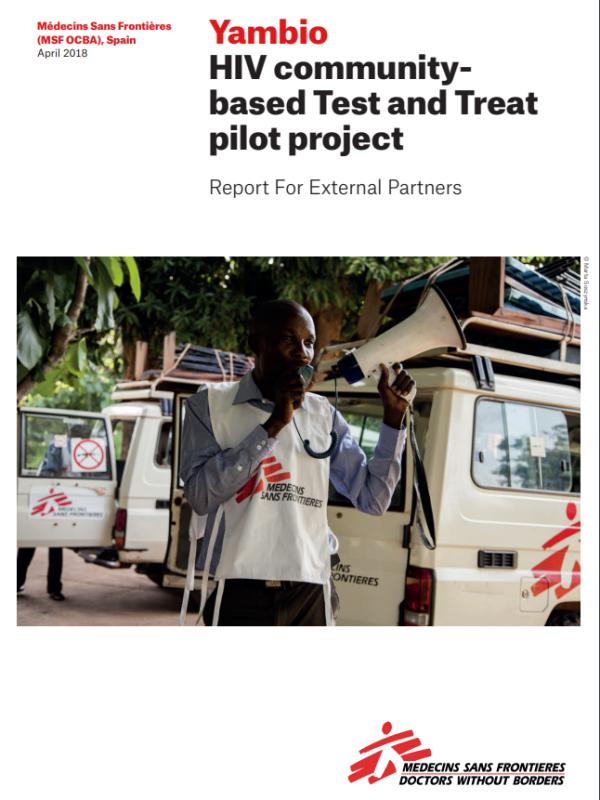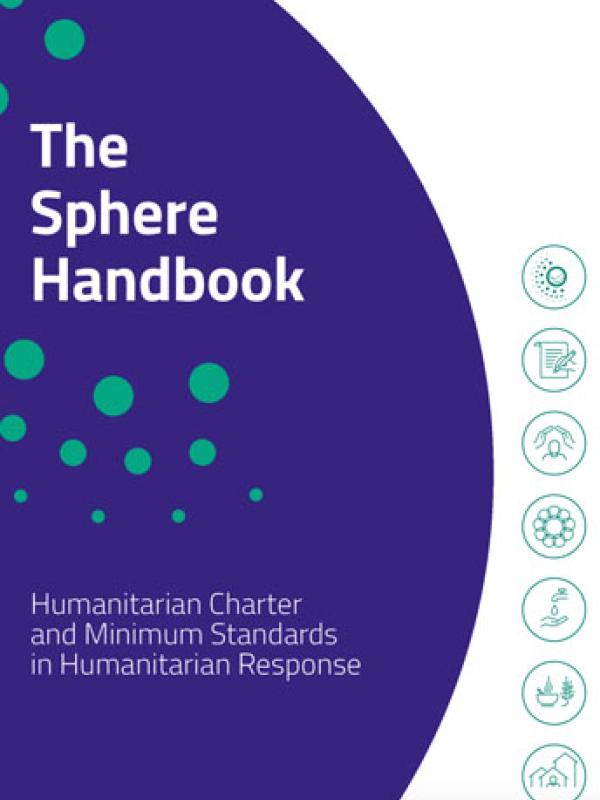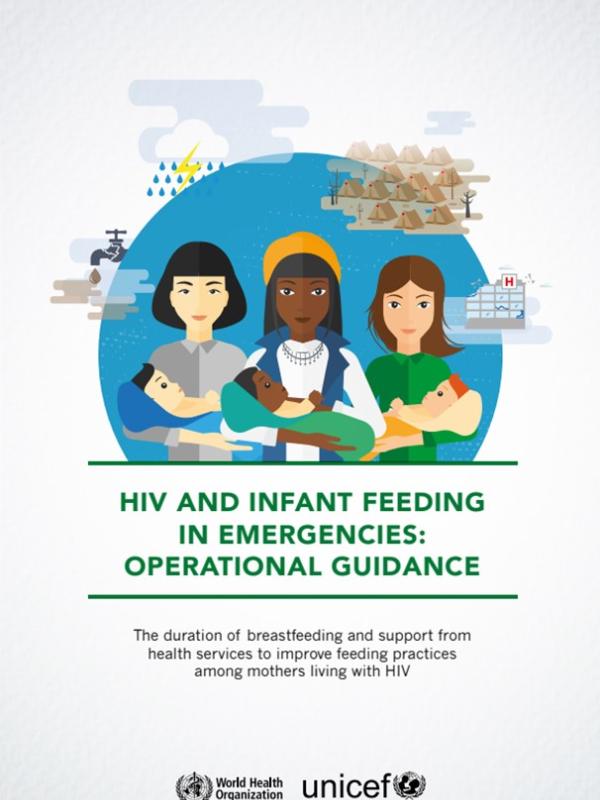Article summarizing the MSF experience and results of providing ART and implementing contingency plans during acute instability in the Central African Republic (CAR) and Yemen.
Continue readingBrochure presenting the Yambio HIV test and treat pilot project implemented by MSF in South Sudanin view of bridging the gap between treatment and community.
Continue readingReport to external partners describing the Yambio HIV community-based Test and Treat (T&T) pilot project meant to assess T&T feasibility and acceptability (‘Treat All’ as set out in WHO guidelines) through a community-based mobile HTC programme including same day antiretroviral (ARV) treatment initiation and the delegation of tasks to less specialised health staff. MSF wanted to document whether bringing HIV testing and treatment closer to patients’ homes, with simplified protocols and tools (‘Treat All’), would result in treatment outcomes similar to those of facility-based care.
Continue readingSet of guidelines and standards for humanitarian response in disaster and conflict situations. It includes general guidelines that mainstream considerations related to HIV and specific vulnerable populations, ensuring that all affected individuals receive equitable and appropriate assistance. SPHERE provides minimum standards for health, nutrition, food security, WASH and shelter. HIV is addressed as a vulnerability.
Continue readingThis operational guidance, developed by WHO, UNICEF and ENN, outlines the duration of breastfeeding and support from health services to improve infant feeding practices among mothers living with HIV. It is intended to be used to complement emergency and sectoral guidelines on health, nutrition and HIV, including specifically infant feeding, prevention of mother-to-child transmission of HIV and paediatric antiretroviral treatment.
Continue reading



